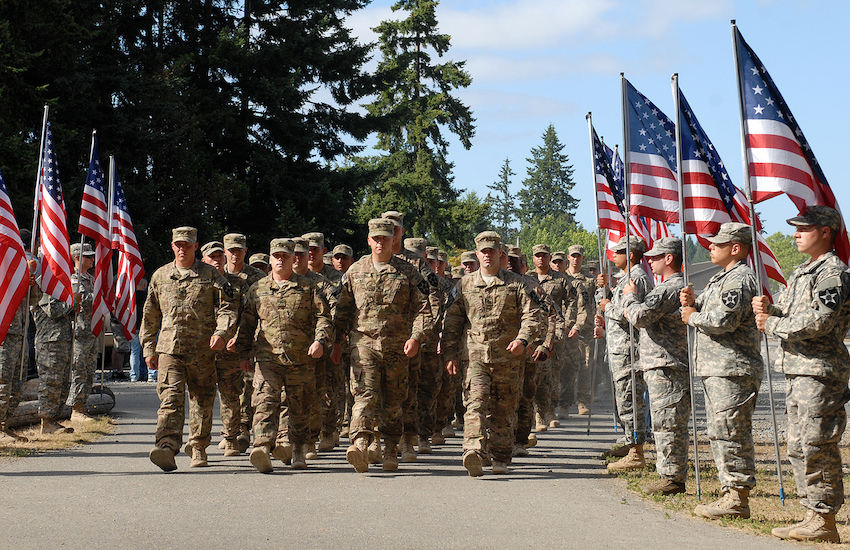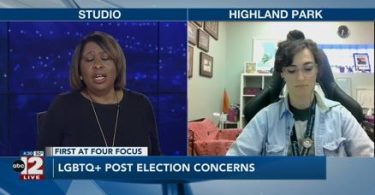16% of gay and bi male veterans reported at least one incident of sexual assault while on active duty.
US troops who identify as LGB are twice as likely to experience sexual assault compared to straight service members, a new study finds.
32.7% of the lesbian, gay and bisexual population experienced some form of sexual assault while on active-duty. For comparison, only 16.4% of non-LGB personnel was a victim of sexual assault.
The rate is significantly higher for lesbian and bi female troops
Of the lesbian and bisexual female veterans who participated in the study, 57.5% reported experiencing sexual assault. On the other hand, 37.4% of non-LGB female veterans were sexually assaulted.
Percentages drop for bi and gay men. About 16% of gay and bisexual male participants reported at least one incident of sexual assault, compared to 3.5% of heterosexual male veterans.
The link to PTSD
The study also highlights the connection between sexual assault and post-traumatic stress disorder.
The higher rate of sexual assault incidents for LGB troops increases the likelihood of enduring symptoms of PTSD or depression.
‘Our study highlights critical information: LGB veterans were more likely to experience sexual assault while serving in the military,’ lead author Dr. Carrie Lucas said.
‘Now is the time to further understand not only the experiences of veterans, but to understand current trends within the military to provide real-time prevention, training, and interventions, as needed.’
More than 40% of LGB male and female participants reported symptoms of PTSD. The percentage is slightly higher compared to under 30% of non-LGB troops.
Furthermore, 48% of LGB respondents reported experiencing depression, compared to 36% of heterosexual respondents.
Understand the factors to predict sexual assault
Dr. Lucas pointed out that there is a need to understand ‘the factors that may predict sexual assault in the military’.
‘Particularly among LGB service members, as well as how to best address the mental health needs of veterans regardless of their identity.’
The study appeared in the Journal of Traumatic Stress (JTS).
You might also like:
Meet the US Navy’s own premier drag queen and see her in action
4 cases are challenging the trans military ban, but it might not be solved for years







